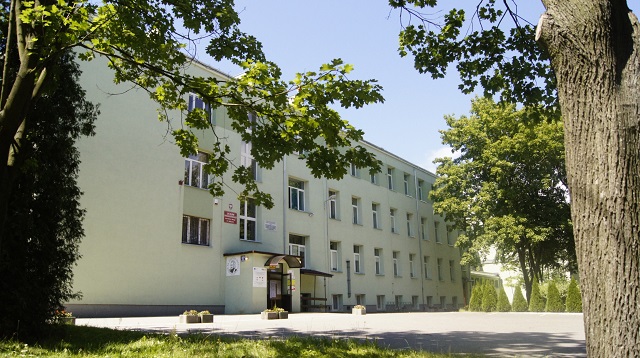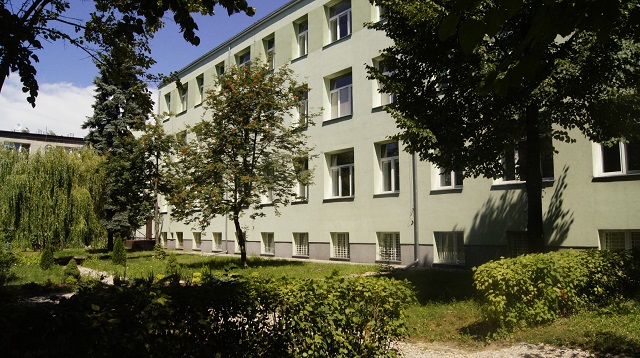Liceum Ogolnoksztalcace im. P.Skargi in Grojec is an upper secondary school preparing students aged 15-18 for university education. The main profiles which the school offers are: maths-physics-ICT, biology-chemistry, maths-geography, humanities, geography-economics.
The school, founded in 1912, is one of the oldest in the district of Grojec and in the whole Mazowiecke Province. The school is situated in a small town of Grojec (about 17 thousand inhabitants), which makes it easier to be in touch with parents in order to deal with matters immediately. The surrounding area of Grojec is mainly a fruit-growing area located in the centre of Poland, 40 km south of Warsaw.
There are 45 full-time teachers and about 500 students in the school. Its students come from different social backgrounds, many come from rural areas. They often need to be strongly motivated to take an active part in school life. There are a few clubs and organizations at the school, e.g. Red Cross, Volunteers' Club or Students’ Sport Club. The school has been a co-organizer of a national English song festival for the last nineteen years and has coordinated or participated in several extremely successful Comenius and Erasmus+ projects since 2010. Still,its students need additional, multicultural activities so that they can be more actively involved and cooperatemore willingly, understanding the importance of their cultural roots and respect for different sociocultural backgrounds. The students feel the need of, and have deep interest in, learning about other cultures and making friends with students from abroad.

In 2015 the school underwent a thorough external evaluation in three fields and received a very high score for its high external exams scores and quality of teaching (ABB). The cooperation with a variety of institutions (e.g. Warsaw University of Technology, Central Mining Institute, Warsaw Smog Alert, local authorities) lets our school be in contact with those that can contribute to the „Impossible becomes possible” project by providing useful information on the discussed issues. However, theschool has not tried to deal with such problems in collaboration with the local community yet. That's why we are sharing experience with other European schools in order to learn from each other and establish long lasting cooperation.
The school curriculum includes some aspects of environment protection, entrepreneurship and health education but we feel this is not enough. Thus, we are trying to correlate the steps taken in the project with the agenda of events at school as well as enrich the curriculum.








